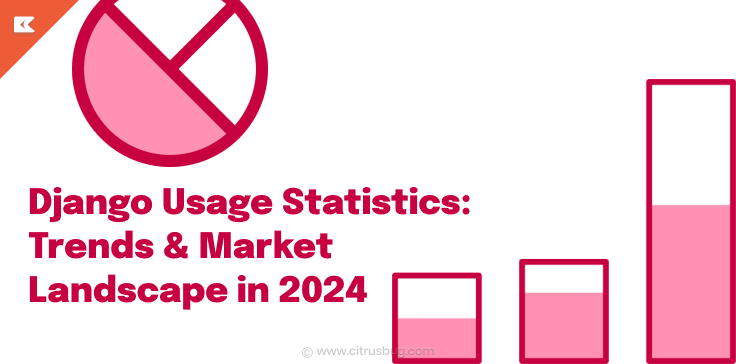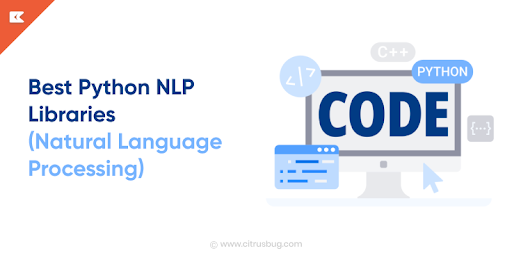A Complete Guide To Develop An App Using Python in 2025
- January 24, 2022
-
3326 Views
- by Ishan Vyas
Table of Contents
- Why Choose Python For Mobile App Development?
- Is Python Suitable For Enterprise Applications?
- What are the Prominent Python Tools For App Development?
- What are Various Use Cases of Python App Development?
- What are a Few Popular Applications Built Using Python?
- How to make an App with Python?
- Final Thoughts
Quick Summary
The number of Python-based mobile applications has expeditiously surged in recent years. Thanks to its multiple frameworks that offer a feature-centric toolset to create world-class applications. This guide will help you understand all about Python mobile app development, from its frameworks to its benefits and use cases. Also, the guide will help you with the process of hiring Python programmers.
Mobile applications have become one of the fastest ways to draw an extensive customer base to your business. The advancing technology and easy smartphone accessibility are prime factors for the increasing digital businesses across the globe. When it comes to the development of mobile apps, Python is the first choice for the majority of businesses as well as developers.
This evolving demand for mobile app development is because of the significant benefits that come along with Python programming. This blog will enhance your knowledge about various aspects of developing mobile apps in Python and guide you to hire Python developers who are the best in their field. Let us start!
Why Choose Python For Mobile App Development?
A high number of businesses and top-shelf companies are opting for Python to develop their mobile app because it offers:
Better Time to Market
Time to market an application has become a substantial factor in the competitive app market. Python is an interpreted language and offers easy code readability, which makes Python mobile app development easier and provides a better time to market for Python applications.
Test-Driven Development
Python supports prototype mobile development and can create apps to a full size using the prototypes. In addition, it has a ‘unit test’ tester mechanism that tests the Python code line by line and ensures you get a high-performing bug-free app.
Output
Availability of Variety of Libraries
Python has an extensive range of robust and effective libraries that can be used to develop numerous features and functions of the app. This enormous global library with strong community support help create any kind of complex Python application.
Multiple Frameworks
A strong reason for the preference of Python programming for mobile app development by businesses is the presence of various frameworks in the language.
Python has some advanced frameworks, such as Django, Flask, Pyramid, BeeWare, etc., that offer ready-to-use tools for creating mobile apps.
Is Python Suitable For Enterprise Applications?
Are you an enterprise and doubt that Python is the right choice for your mobile app? If so, then discard your worry because Python is one of the best choices for creating enterprise and business applications.
Its capability to handle large and complex codes and provide simple solutions to the program makes it the most admired language for developing eCommerce business apps. Oddo and Tryton are the most prominent enterprise apps built with Python.
Other than that, Python is used by businesses because it offers:
High Scalability
Making scalable apps has become a necessity of the application market as it caters to low initial investment and better app growth with time. Python is capable of creating apps that can be effortlessly scaled when required.
Better Efficiency
Python is mostly used because of its higher efficiency in creating functions apps. The programming language takes less time to code and shows results simultaneously in the code creation process, making it better overall productivity.
Compatibility with Major Systems and Platforms
Python cross-platform app development is another reason for Python to be the favorite of businesses. Apps that are compatible with multiple platforms are the ones that find the highest success rates in today’s market. Hence, Python is suitable for building apps seamlessly working on different platforms.
What are the Prominent Python Tools For App Development?
Time and again, we have repeated that the toolsets and technologies related to Python cater to the high demand for Python mobile app development. Let us explore more about these tools and how they make Python ideal for mobile app development.
Python Frameworks
Here is the list of top Python frameworks:
1. Django
Django is a highly popular framework known to create clear and pragmatic interfaces for mobile applications. Apart from that, it can create the application’s backend and effortlessly move an app from the concept to completion.
Key Features:
- Easy documentation
- Safe and secure
- Use of minimalistic code
2. Flask
Flask is a microframework used to swiftly build mobile applications that are not too complex. Flask offers in-built free Python libraries, restful request dispatching, and a unit testing mechanism, making the work development work easier for Python developers.
Key Features:
- Built-in development server
- Quick debugger
- Support for Unit Testing
- Highly versatile framework
3. Pyramid
Pyramid is an ideal choice for a cross-platform Python framework for app development as it offers essential concepts such as code URL mapping, security, static asset serving, etc., to build online applications for multiple platforms with ease.
Key Features:
- Support for routes, traversal, and URL creation.
- Best for online applications.
4. BeeWare
BeeWare is mostly used for the development of native Python programs. It offers a vast set of libraries for the creation of native Python apps using the Toga GUI toolkit which is highly beneficial for Python cross-platform app development.
Key Features:
- Same code for multiple platforms.
- Suitable for mobile app development.
5. Kivy
Kivy is a framework and development library used to create mobile apps rapidly. The framework is highly dependent on various libraries for its functioning. Besides, it is GPU-accelerated and cross-platform, making it suitable for enterprise apps.
Key Features:
- Shorter Syntax
- Simple widget creation
- Support for multi-touch user control
6. CherryPy
CherryPy is a Python framework that is highly prominent because of its features such as an easy setup framework and the thread-pooled web server. The framework uses various templating tools to productively build mobile apps.
Key Features:
- Versatile plugin system
- Build-in profiling and testing
- Robust configuration system
Additional Tools
Here are a few more tools for developing Python apps that are helpful in the creation of functional apps in Python:
Python-for-Android
Python-for-Android is an Android studio that enables independent packaging of Python code to develop standalone Android apps that can be directly installed and posted to mobile app markets such as the Play Store and Apple Store.
PyOBJus
PyOBJus is a library of Python for accessing Objective-C classes. The objects can be easily wrapped in Python programming using this library, and high-performing mobile apps can be easily developed.
PyJNIus
PyJNIus is a library similar to PyOBJus, which can access Java classes via the Java Native Interface.
Plyer
Plyer is a platform-independent API in Python that leverages specific Python programming language capabilities and uses native mobile functions in the created app.
What are Various Use Cases of Python App Development?
Python can be used to create apps for various fields and sectors. Here are a few areas where Python mobile app development can be done:
Game Development
Python is the number one choice when building codes for games as Python code can be tested in real-time and better outcomes can be achieved. EVE Online and Battlefield 2 are some famous games built using Python.
Blockchain Applications
Blockchain is amongst the most popular technologies for security purposes in today’s time. Python helps in the easy creation of blockchain business apps by creating a decentralized network by running scripts on multiple PCs.
Audio And Video Apps
It might surprise you, but the biggest video platform YouTube and its multiple features are designed using Python programming. Python works magically to create high-performing audio and video applications.
Enterprise Apps
Developing a Python app is exceptionally agile. Python is capable of handling and designing complex features for apps which makes it ideal for the development of business or enterprise apps.
Machine Learning Apps
Machine learning is one of the most advanced technology concepts that help analyze data to determine key insights. Python, with its extensive toolkit, empowers developers to create cutting-edge machine-learning applications. Its rich ecosystem boasts a powerful collection of the best Python libraries for machine learning, such as Scikit-learn and Pandas, that streamline the development process.
What are a Few Popular Applications Built Using Python?
These are some of the famous global apps built with Python app development:
This giant social networking app developed in 2010 uses Python to handle its backend operations and manage operations for 800 million active users per month.
The Pinterest app which is known to provide a sharing capability for visual content to the users is built in the Django framework of Python.
Spotify
Spotify is a product of Python’s powerful data analysis and backend services. The highly complex, Discover and Radio features of the app are managed using Python.
Dropbox
The file-sharing platform Dropbox by Google which came into existence in 2007 is also created in Python and has recently upgraded from Python 2.7 to Python3.
Uber
Uber has an active 100 million users globally, managed by Python programming to provide a secure and stable service.
How to make an App with Python?
If you are interested in developing Python apps and want to create your app in Python, then consider these steps that are followed by top mobile application development companies.
Let’s have a look at the Python app development steps:
Ideating a Project
The primary step in creating a Python app is to first create a project idea for the application that has a potential business structure and design. Once you have researched and found the idea for your business, note down its fundamentals and the desired features for the application.
Identifying and Analyzing the Project Requirements
The next step is to identify and then analyze the various aspects of your project and its development procedure. You can leverage the help of a professional Python development company to successfully implement this step and get clarity on your project needs.
Choosing the Ideal Python Framework for development
After you have a final list of features and working operations of your application, you need to select an ideal Python framework that is most suited to develop the features and functions you wish to add to your application. Study in-depth about the various Python frameworks and choose a framework that suits your app idea the most.
Creating Frontend and backend of the app
Once you have selected the framework, the actual development procedure starts, which involves:
Designing the User Interface.
Building UI.
Creating frontend and backend functions and features for the app.
Linking to a database.
Testing the app
The code for your application keeps getting tested at every phase of the development. However, once the whole app is built, the final testing is conducted per the industry standards to check the efficiency and working of the application.
Deploying on various platforms
After a successful application that is tested is built, it is deployed on various platforms such as PlayStore, Apple Store, or any server if the app is based on cloud computing.
Maintenance and Support
The last and one of the most crucial phases of Python mobile app development is maintenance and support. Once your application is released in the market, its performance is analyzed and feedback is collected, which helps bring new updates to the app that helps in the further growth of the application
Final Thoughts
Python is a trustworthy resource when it comes to mobile app development. It offers an extensive set of useful libraries and tools that can efficiently create functional and highly productive mobile apps. The ease of use, flexibility, and versatility are the prime features of Python that attract businesses to adopt it for application development.





 SaaS Development
SaaS Development Web Application Development
Web Application Development Mobile Application Development
Mobile Application Development Custom Software Development
Custom Software Development Cloud Development
Cloud Development DevOps Development
DevOps Development MVP Development
MVP Development Digital Product Development
Digital Product Development Hire Chatbot Developers
Hire Chatbot Developers Hire Python Developers
Hire Python Developers Hire Django Developers
Hire Django Developers Hire ReactJS Developers
Hire ReactJS Developers Hire AngularJS Developers
Hire AngularJS Developers Hire VueJS Developers
Hire VueJS Developers Hire Full Stack Developers
Hire Full Stack Developers Hire Back End Developers
Hire Back End Developers Hire Front End Developers
Hire Front End Developers AI Healthcare Software Development & Consulting
AI Healthcare Software Development & Consulting Healthcare App Development
Healthcare App Development EHR Software Development
EHR Software Development Healthcare AI Chatbot Development
Healthcare AI Chatbot Development Telemedicine App Development Company
Telemedicine App Development Company Medical Billing Software Development
Medical Billing Software Development Fitness App Development
Fitness App Development RPM Software Development
RPM Software Development Medicine Delivery App Development
Medicine Delivery App Development Medical Device Software Development
Medical Device Software Development Patient Engagement Software Solutions
Patient Engagement Software Solutions Mental Health App Development
Mental Health App Development Healthcare IT Consulting
Healthcare IT Consulting Healthcare CRM Software Development
Healthcare CRM Software Development Healthcare IT Managed Services
Healthcare IT Managed Services Healthcare Software Testing services
Healthcare Software Testing services Medical Practice Management Software
Medical Practice Management Software Outsourcing Healthcare IT Services
Outsourcing Healthcare IT Services IoT Solutions for Healthcare
IoT Solutions for Healthcare Medical Image Analysis Software Development Services
Medical Image Analysis Software Development Services Lending Software Development Services
Lending Software Development Services Payment Gateway Software Development
Payment Gateway Software Development Accounting Software Development
Accounting Software Development AI-Driven Banking App Development
AI-Driven Banking App Development Insurance Software Development
Insurance Software Development Finance Software Development
Finance Software Development Loan Management Software Development
Loan Management Software Development Decentralized Finance Development Services
Decentralized Finance Development Services eWallet App Development
eWallet App Development Payment App Development
Payment App Development Money Transfer App Development
Money Transfer App Development Mortgage Software Development
Mortgage Software Development Insurance Fraud Detection Software Development
Insurance Fraud Detection Software Development Wealth Management Software Development
Wealth Management Software Development Cryptocurrency Exchange Platform Development
Cryptocurrency Exchange Platform Development Neobank App Development
Neobank App Development Stock Trading App Development
Stock Trading App Development AML software Development
AML software Development Web3 Wallet Development
Web3 Wallet Development Robo-Advisor App Development
Robo-Advisor App Development Supply Chain Management Software Development
Supply Chain Management Software Development Fleet Management Software Development
Fleet Management Software Development Warehouse Management Software Development
Warehouse Management Software Development LMS Development
LMS Development Education App Development
Education App Development Inventory Management Software Development
Inventory Management Software Development Property Management Software Development
Property Management Software Development Real Estate CRM Software Development
Real Estate CRM Software Development Real Estate Document Management Software
Real Estate Document Management Software Construction App Development
Construction App Development Construction ERP Software Development
Construction ERP Software Development





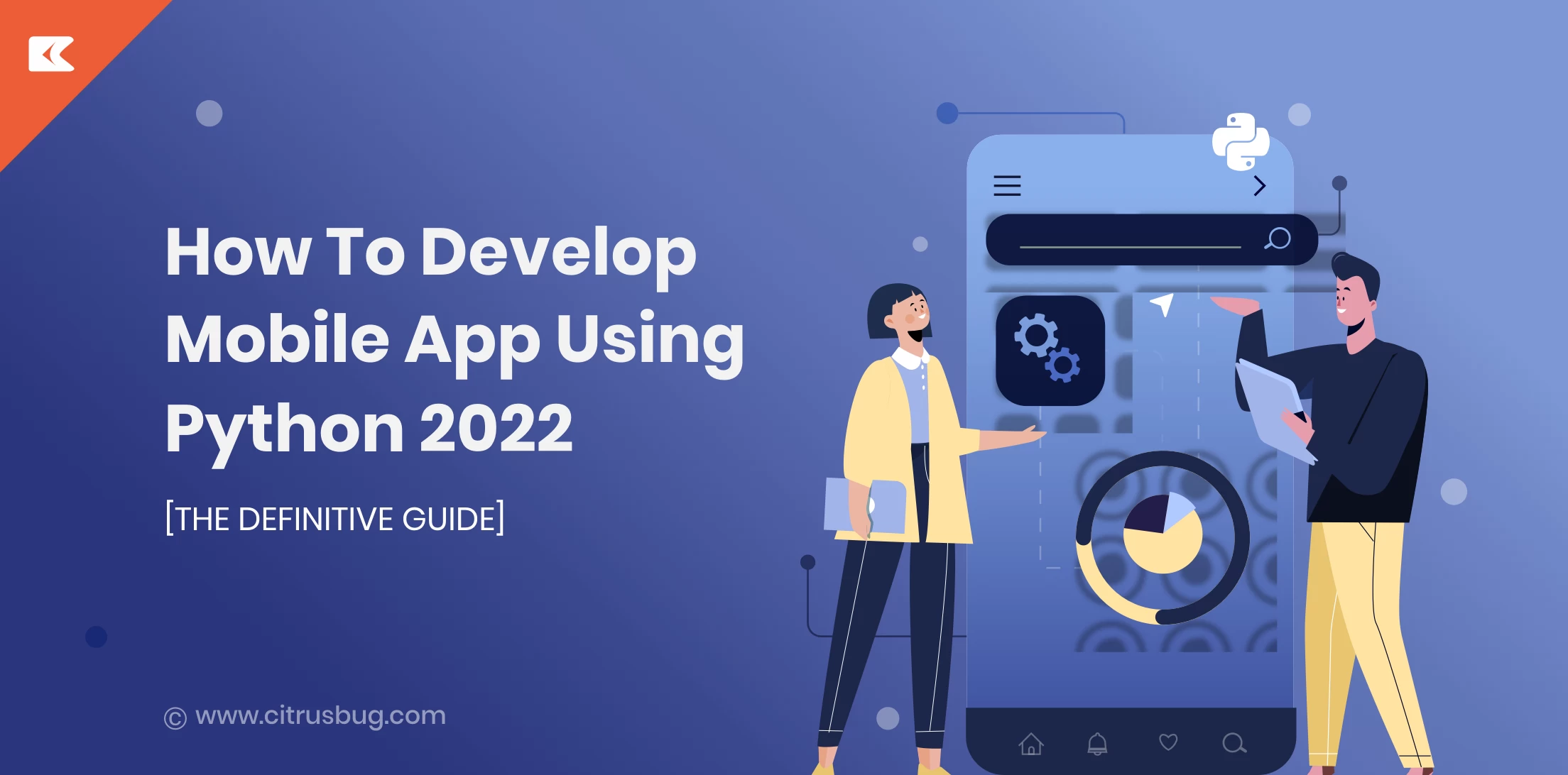
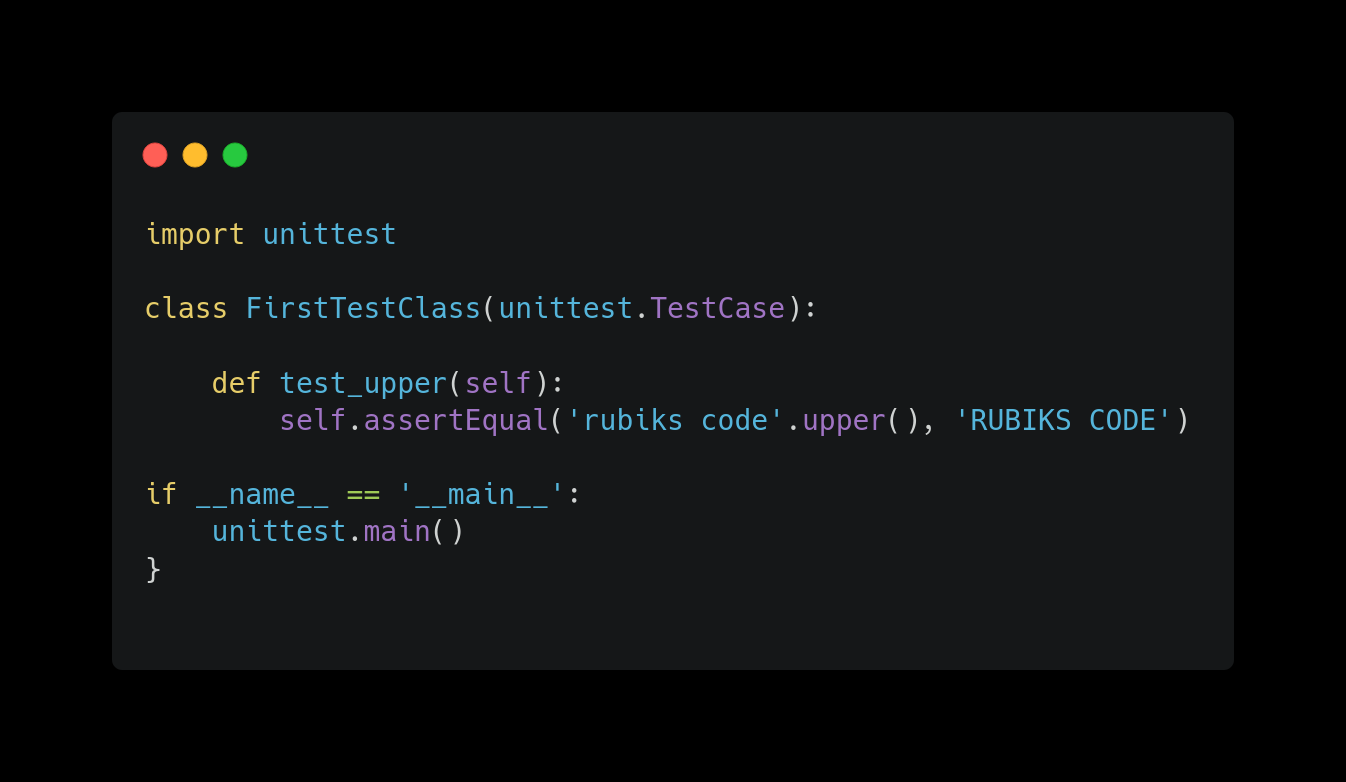
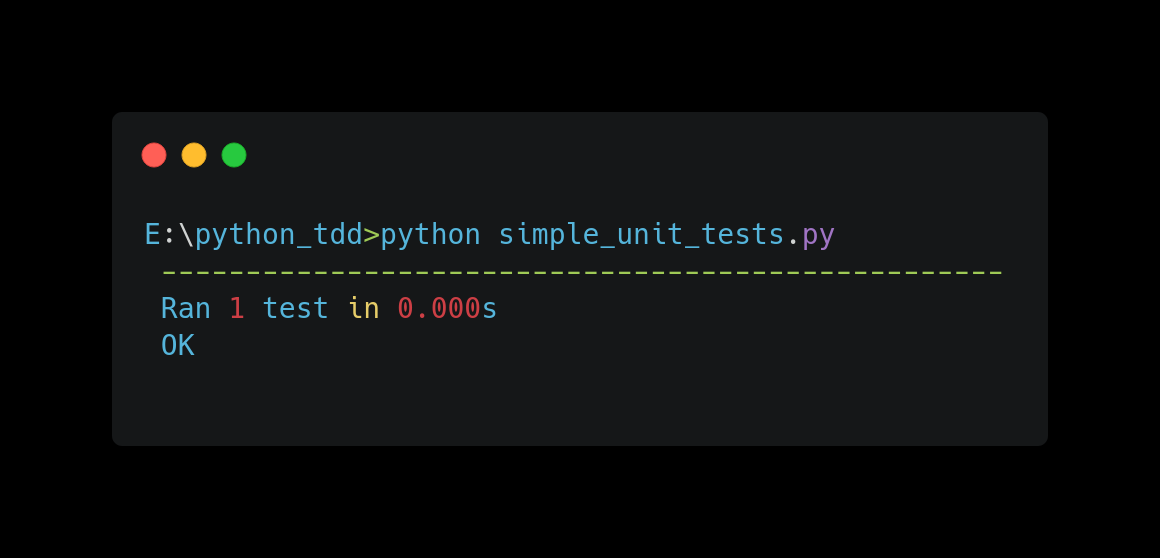






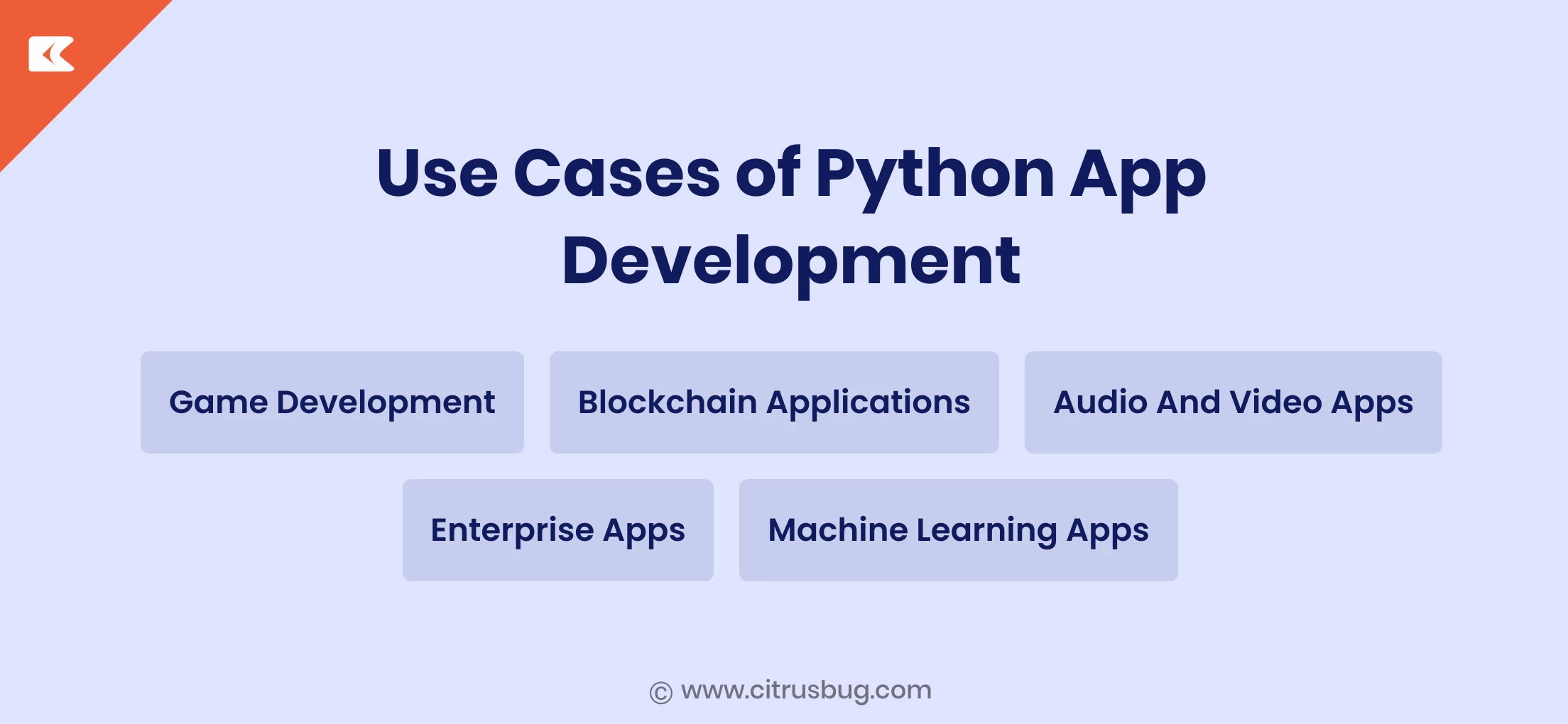
![How to Build an Image-to-Text Converter Using Python? [A Simple Guide for Developers] How to Build an Image-to-Text Converter Using Python? [A Simple Guide for Developers]](https://citrusbug.com/wp-content/uploads/How-to-Build-an-Image-to-Text-Converter-Using-Python_-A-Simple-Guide-for-Developers-1.png)
